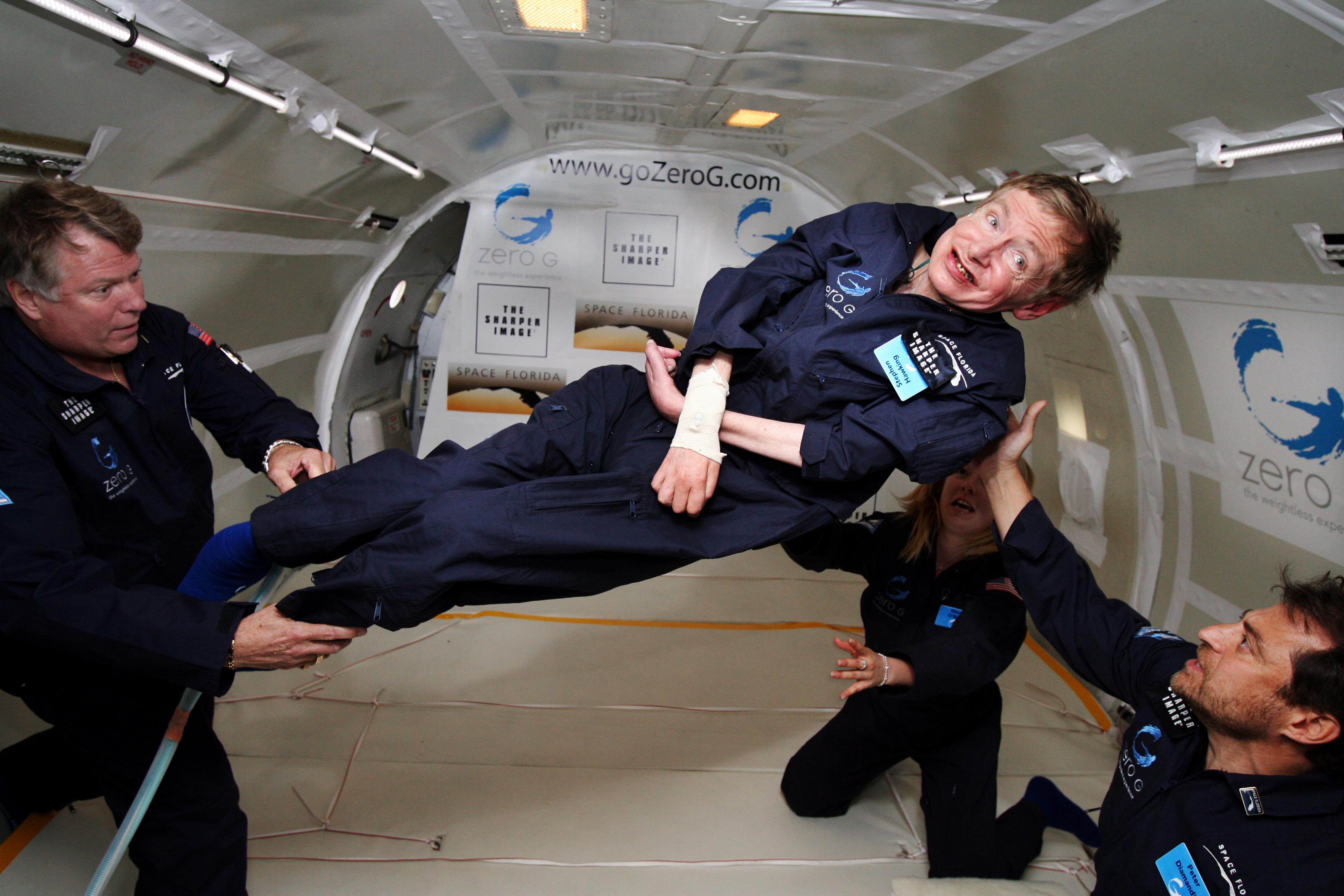
A Story of a Science Researcher Moving Into Industry
- Rendezvous
- 2.1K
As per the OECD survey, US produces at least twice as many Ph.D. graduates compared Germany. According to the data around 67,449 graduated with a Ph.D. in 2014 from the US compared to 28,147 from Germany followed by UK, India, and Japan.
Further, about 40% of new PhDs awarded in the OECD are from STEM (Science, Technology, Engineering, and Math) backgrounds. Not to mention another report from National Science Foundation shows that there is at least 84% gap between PhDs awarded and professorships created.
Because of this high competition, Academia to industry transition has become a great matter of interest in the last few years among the PhDs. Academic researchers start thinking about career transition when they face obstacles such as lack of funding, a desire to find a career path rather than conventional post doc research, however very few of them will able to successfully move into the industry by taking the advantage of their transferable skills and find their exciting career path.
Research Stash had a chance to interact with Dr. Jason Kim who recently moved into the industry after completing his Ph.D. and post-doctoral studies in health sciences.We asked some of the questions about his inspiration, challenges he faced and also some of his suggestions to researchers who are planning for transition into the industry from academia.
Hi Jason, Congratulations on your recent career transition ~ Can you tell us about yourself and your research background?
I have acquired my doctorate degree at the University of Oklahoma Health Sciences Center in the department of Cell Biology. Afterward, I have moved on the New York University Medical School and (briefly) Rockefeller University to carry out my postdoctoral studies. Including my training as a graduate student, I have 13+ years of biomedical research experience in the fields of molecular cell biology and cancer biology. During this time, I was fortunate enough to participate as a primary, co-, or the corresponding author in the publication of 14 peer-reviewed journals, primarily on the subject of primary cilium assembly/ disassembly and its role in the development and in disease. In my most recent publication, I have uncovered a novel mechanism that links premature termination of the cilium and tumorigenesis that originate from the breast, thus allocating the cilium as an organelle that prevents the development of cancer. Currently, I am working at Genentech in the basic research division in the department of Immunology.
You have recently made your transition from Academia to Industry, can you tell us what inspired you to make this decision?
My biggest inspiration to move to industry was mainly due to my doctoral and postdoctoral training at Medical schools. Focusing primarily on disease-related studies, I have always been intrigued by the opportunity to work in an environment where I can directly impact the well-being of patients through biomedical research. Genentech and its long established culture of valuing basic research as a biotech/ pharmaceutical company naturally caught my interest in which I am fortunate to work for.
Can you tell us about some of your greatest challenges while moving from your research career to industry?
The biggest challenge was the fact that I have had minimal if any training to prepare my application package for an industry setting. Irrespective of how academia-oriented a company may be, the first round of candidate screening typically goes through the HR department, which is largely comprised of non-scientists. To appease their search criteria, applicants need to shape their resume/ cover letter that largely matches the job description. Lack of practical knowledge in doing so and submitting an incomplete application package (within the standards that I know today), I did not hear back from the many companies I had applied to. Once I got this in order, I was contacted from several places, which led me to where I am today.
Secondly, being in academia, one largely omits the layman aspect of one’s research field. Rather than focus on the tiniest detail of your research topic, it is always a good idea to look at the larger picture and the implications your work can have on the health market (or whichever industry sector you are looking for). In other words, master the ‘elevator pitch’: you should be able to convey your ideas, accomplishments, worth, etc to whoever is asking in less than 5 minutes.
What is your job title or role? What are the duties or functions or responsibilities of your job?
My current title is Senior Scientific Researcher and my role is to work on basic research projects relevant to the interest of the lab/ Discovery department. I am responsible for developing the scientific projects for drug development/ publication purposes and present the work to colleagues within the company or in scientific meetings.
What part of this job do you personally find most satisfying and most challenging?
Being in the basic research department, I am most satisfied, yet challenged as I make progress in my research project(s). My responsibilities are surprisingly similar to a postdoc or research associate professor, and the fulfillment is largely the same.
What are the most important skills that are essential for succeeding in this position or field? How did you obtain those skills: through work experience or a formal training program?
I cannot say for other departments, other than the basic research division in which the most important skill sets are very similar to those that carry out postdoctoral work, i.e. attention to detail, meticulous in execution, and etc. However, one difference is that you get a lot of site-support and in order to properly engage with these professionals, good communication skills are highly desired. These traits can be acquired through taking classes on communication, but in my experience, on the job training works best.
What would be the next step in your career if your job progresses as you expect?
As much as I enjoy my current role as a researcher, I hope to work in a medical communications department in the future. I find this department very attractive because I get to apply my scientific knowledge in communicating and meeting new people across numerous factions.
Do you have any special words of warning or encouragement to Ph.D. researchers as a result of your experience?
Love what you do and put your mind to it. Being the best or thriving to be the best at what you do will eventually open many doors for you. Good luck!
For those of you who wish to know more, connect me through Linkedin, where you can find me by Sehyun Jason Kim

